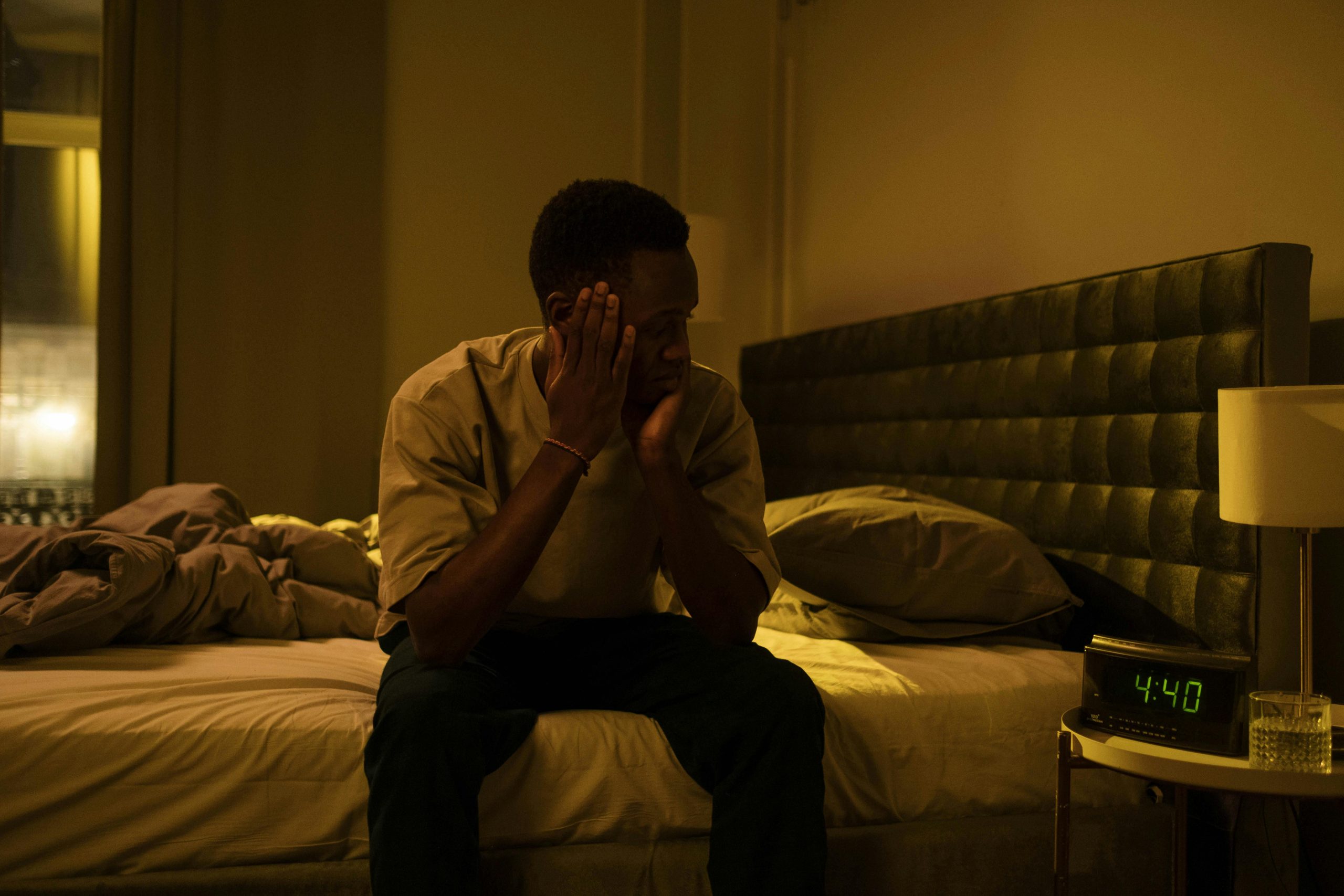Does this hold any legal weight?
I was recently involved in a car accident where another driver made a sudden left turn in front of me, failing to yield at an intersection. Although I attempted to avoid her, we had a minor collision. Moments later, the car behind me rear-ended me because the driver was following too closely. Her airbags deployed, and she ended up breaking her arm. Fortunately, I wasn’t injured and was not at fault for the first accident.
Currently, they are still “determining liability” for the rear-end collision. However, the driver who hit me from behind is filing a claim for “residual bodily injury” against me. Is there any legal basis for this? I took defensive measures to avoid the initial accident, yet I’m being held responsible for her injuries? I have insurance coverage, but this situation feels fundamentally unfair. My insurance company insists that I am not at fault.
Has anyone experienced something similar or has any advice?




It sounds like you’re in a frustrating situation. In general, the concept of liability in car accidents can be complex, especially when multiple parties are involved. Here are some key points to consider regarding your situation:
Liability Determination: Since the accident involved both the initial accident with the woman who turned left and the subsequent rear-end collision, insurance companies will need to evaluate the circumstances of both incidents to determine liability.
Rear-End Collisions: Typically, the driver who rear-ends another vehicle is presumed to be at fault, as it is generally expected that drivers maintain a safe following distance. Since you were already involved in another accident and trying to avoid a collision, it may support your case that you were not at fault for the rear-end collision either.
Claims for Bodily Injury: The claim for “residual bodily injury” may have a weaker basis if she was rear-ending you—not hitting you directly in a significant way. However, if she can argue that your sudden stop contributed to her injuries, that could complicate the situation.
Insurance Representation: It’s good to hear your insurance is supporting you in saying you are not at fault. Ensure you document everything related to the incident, including police reports, photographs of the scene, witness statements, and any communication with the insurance companies.
Legal Advice: Given the complexity of the situation, it may be beneficial to consult with a personal injury attorney. They can provide tailored advice and help navigate the claims process while ensuring your rights are protected.
Stay Informed: Keep in touch with your insurance provider to stay updated on the investigation and ensure they have all the necessary information to defend against the claim being made against you.
It’s understandable to feel overwhelmed, but gathering all relevant information and seeking professional advice can help clarify your best course of action.